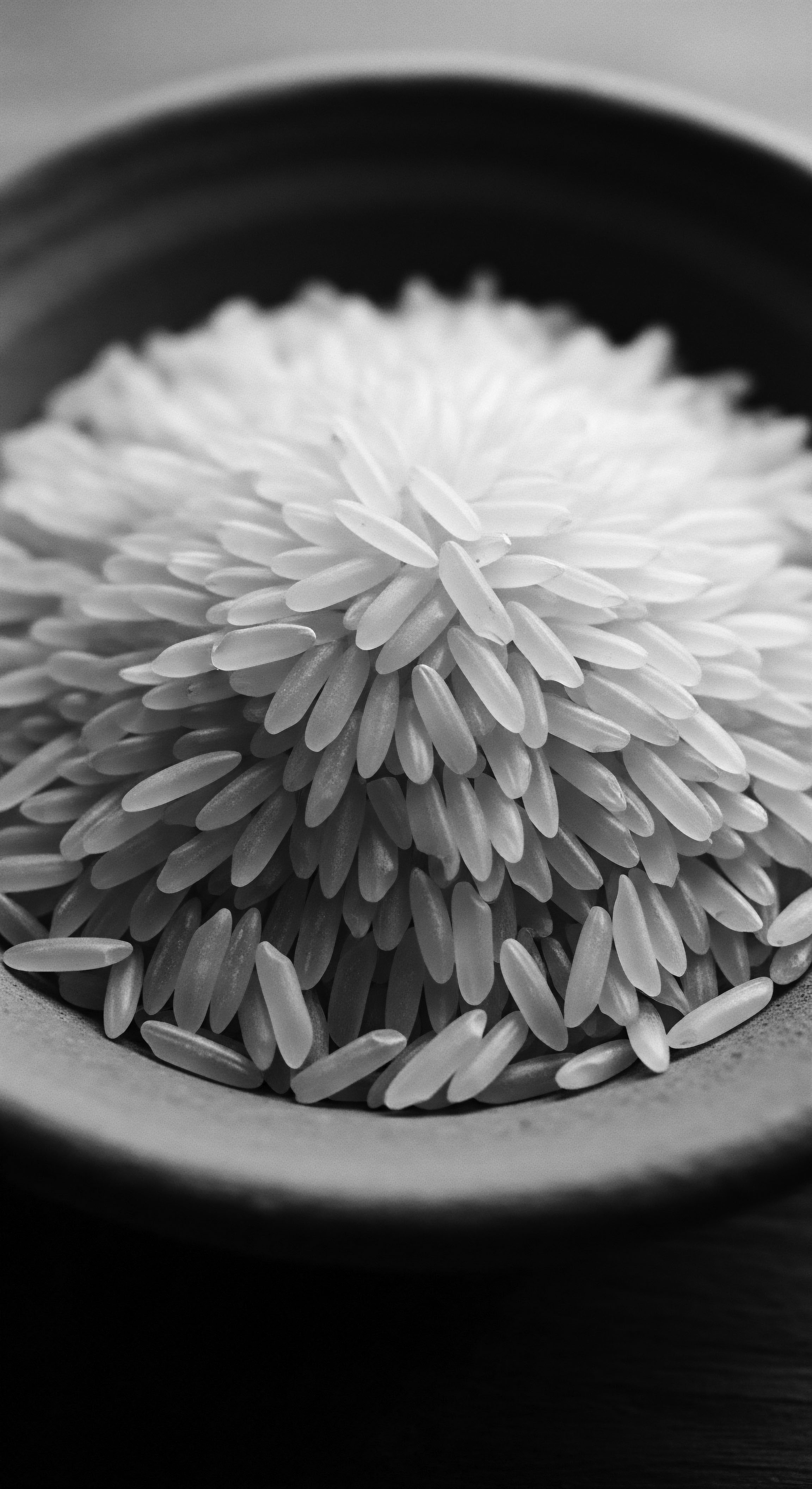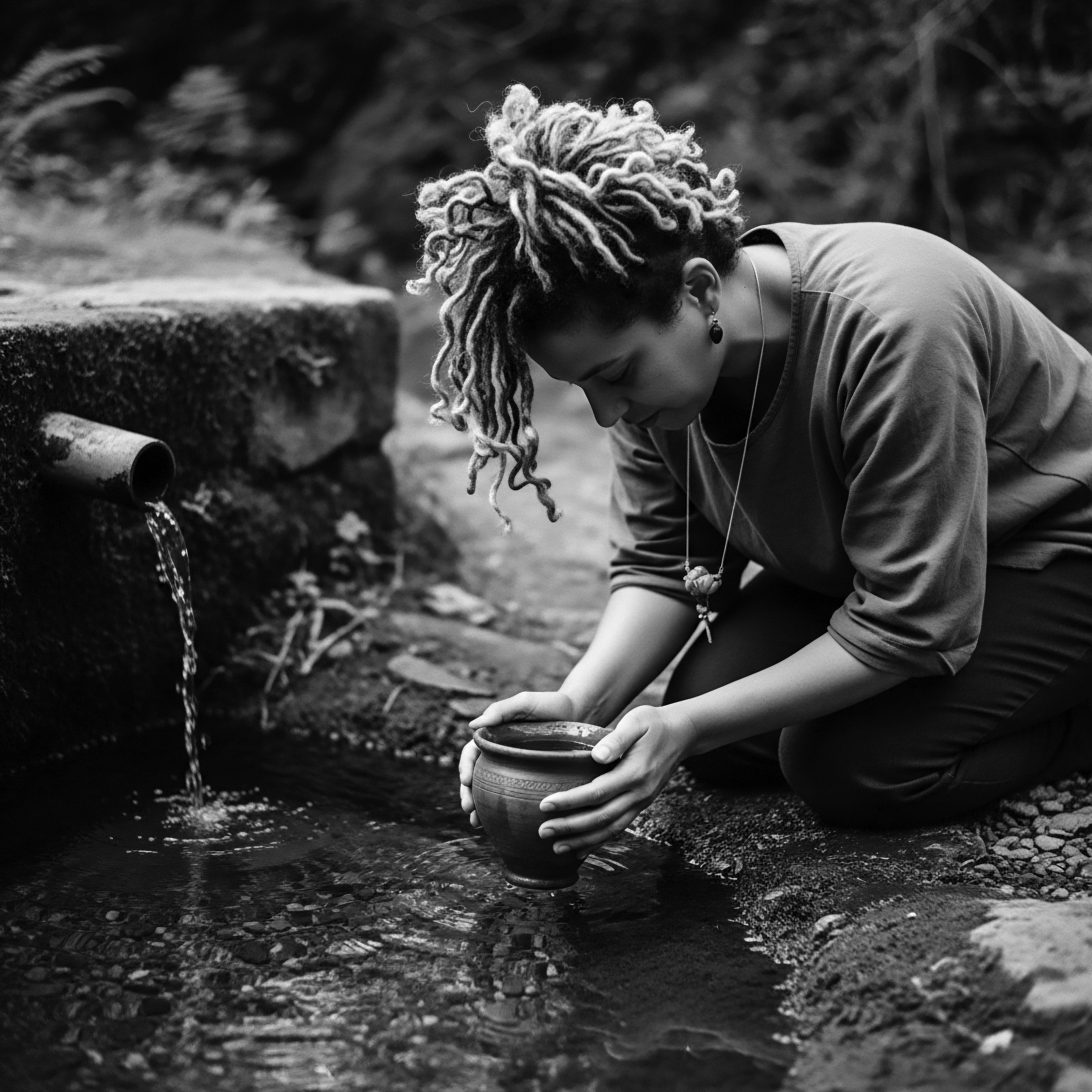
Does Rahua Oil’s Heritage Influence Its Modern Use?
Rahua oil's heritage profoundly influences its modern use, providing deep nourishment for textured hair through ancient Amazonian wisdom.
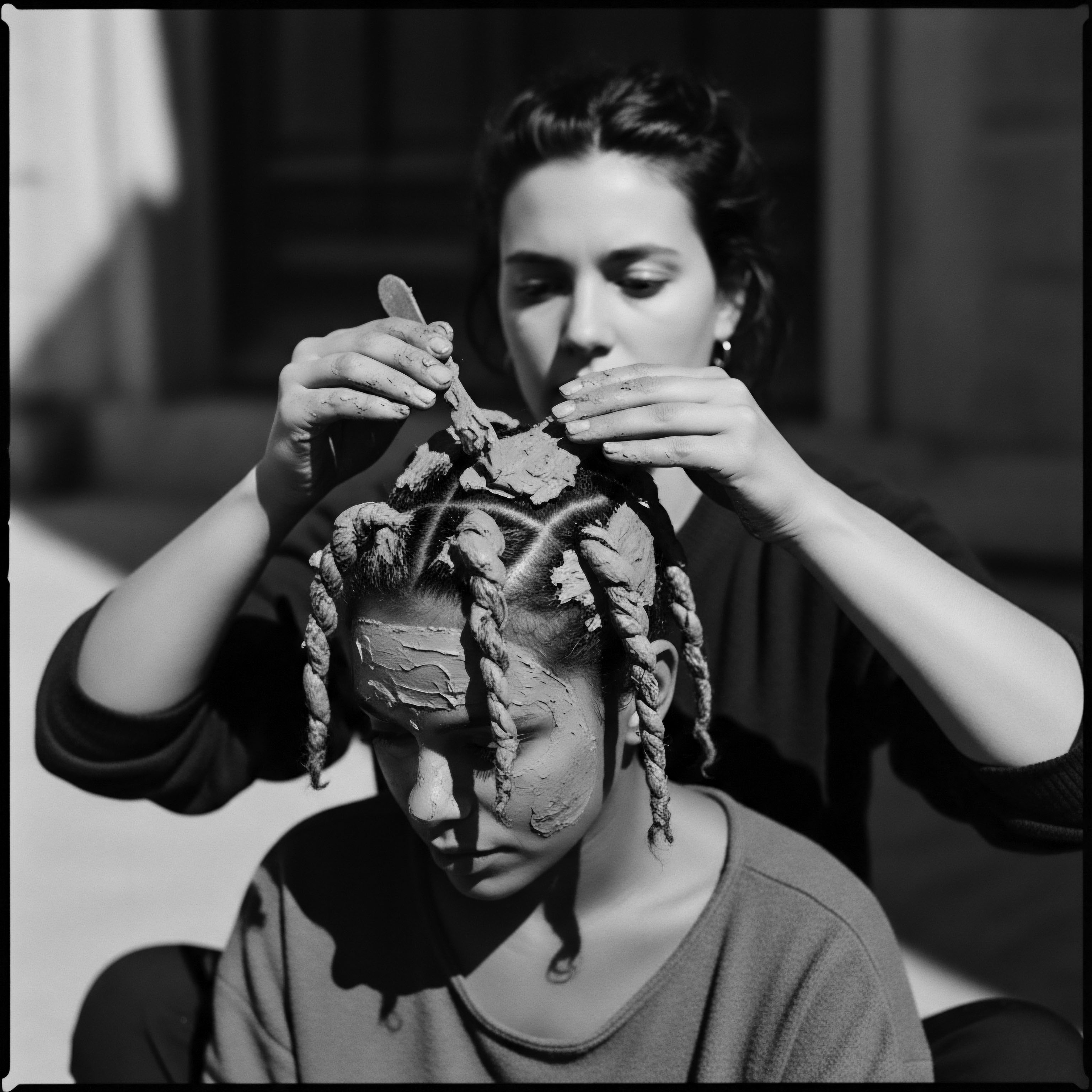
How Does Ghassoul Clay Sustain Textured Hair Heritage?
Ghassoul clay sustains textured hair heritage by gently cleansing, conditioning, and connecting users to ancient North African beauty traditions.
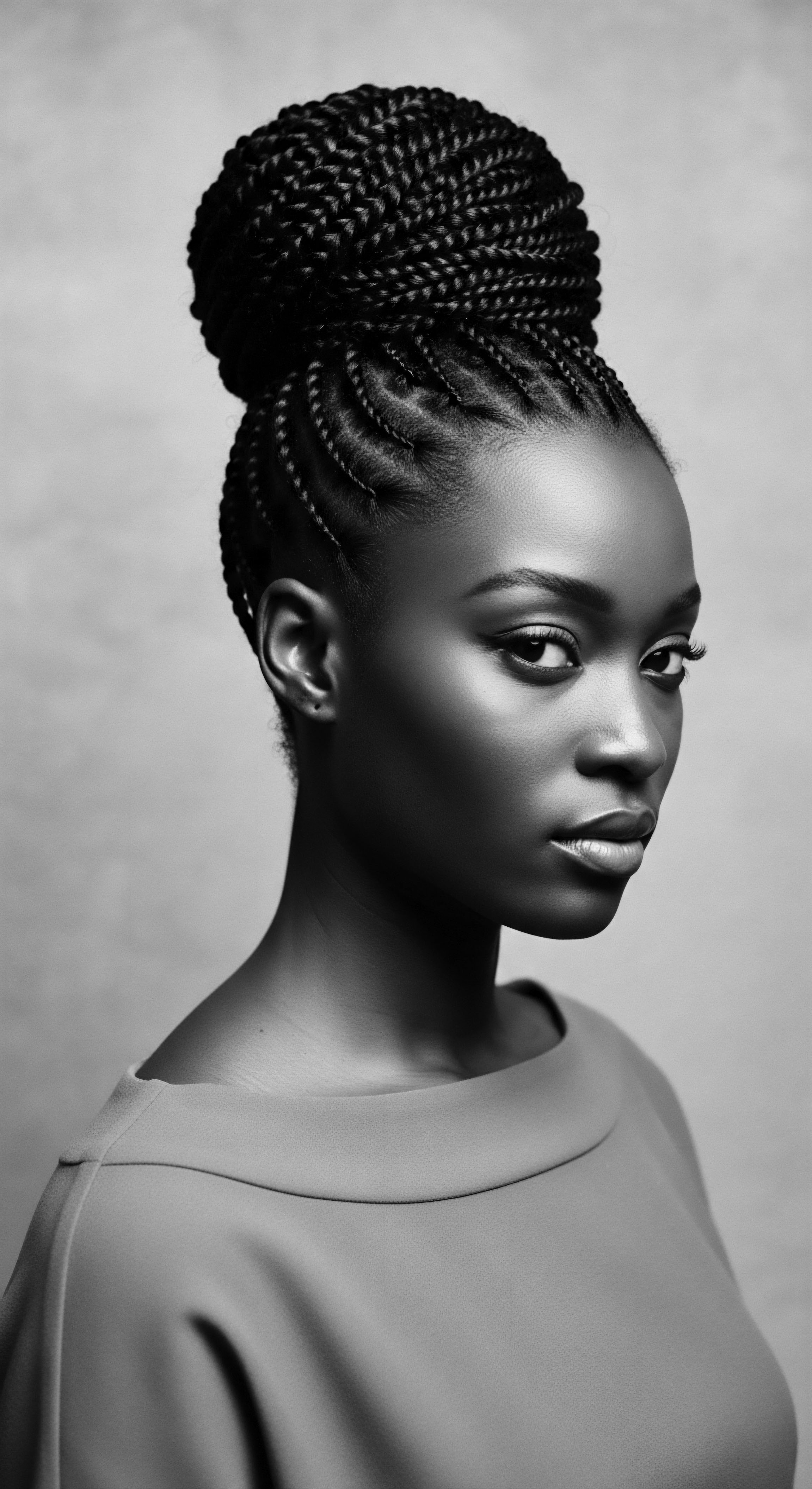
What Historical Hair Care Traditions Shaped Modern Textured Hair Science?
Historical hair care traditions shaped modern textured hair science by offering a foundational knowledge rooted in ancestral wisdom and community practices.
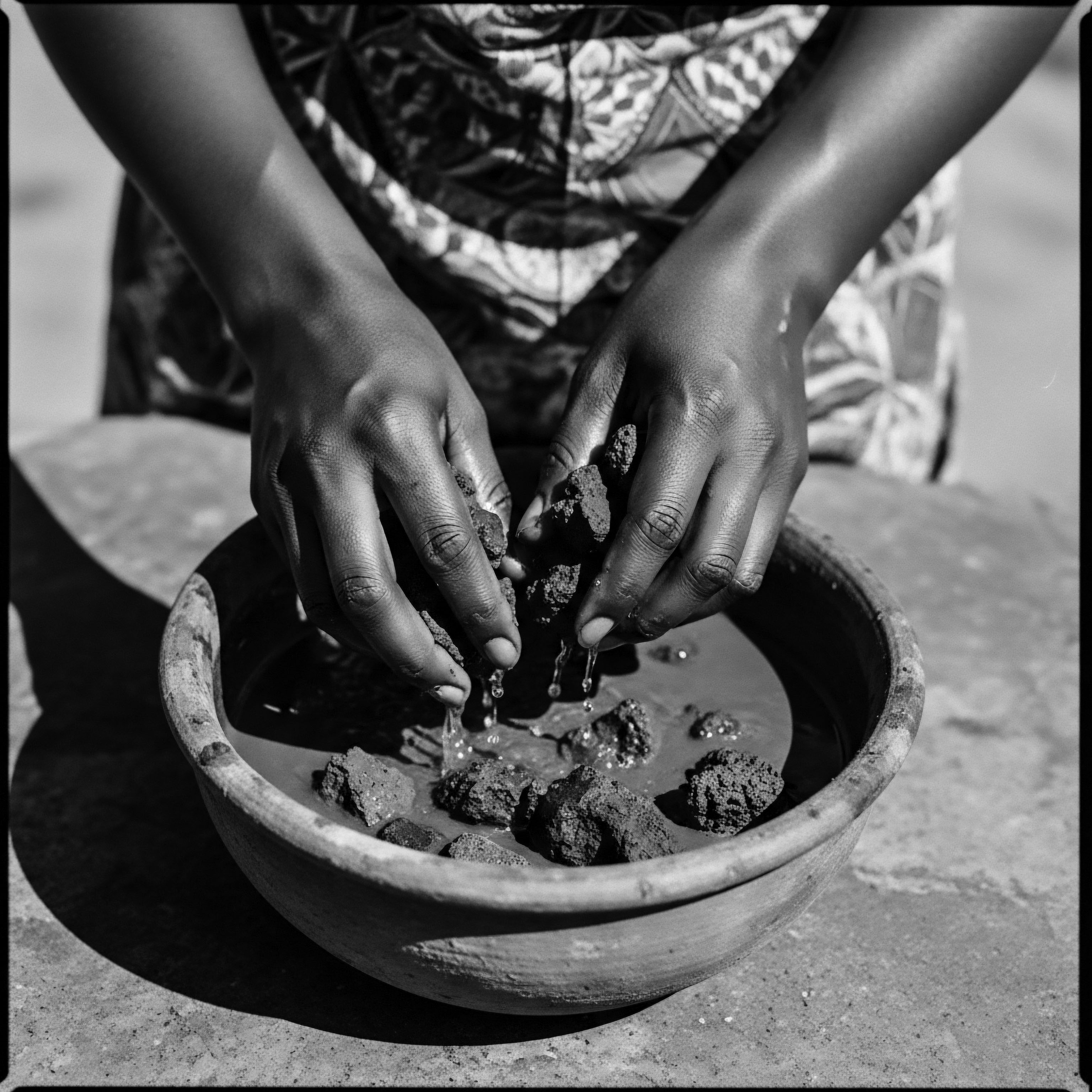
How Does Clay Chemically Benefit Textured Hair Historically?
Clay historically cleanses and nourishes textured hair through mineral exchange, deeply rooted in ancestral care and heritage.
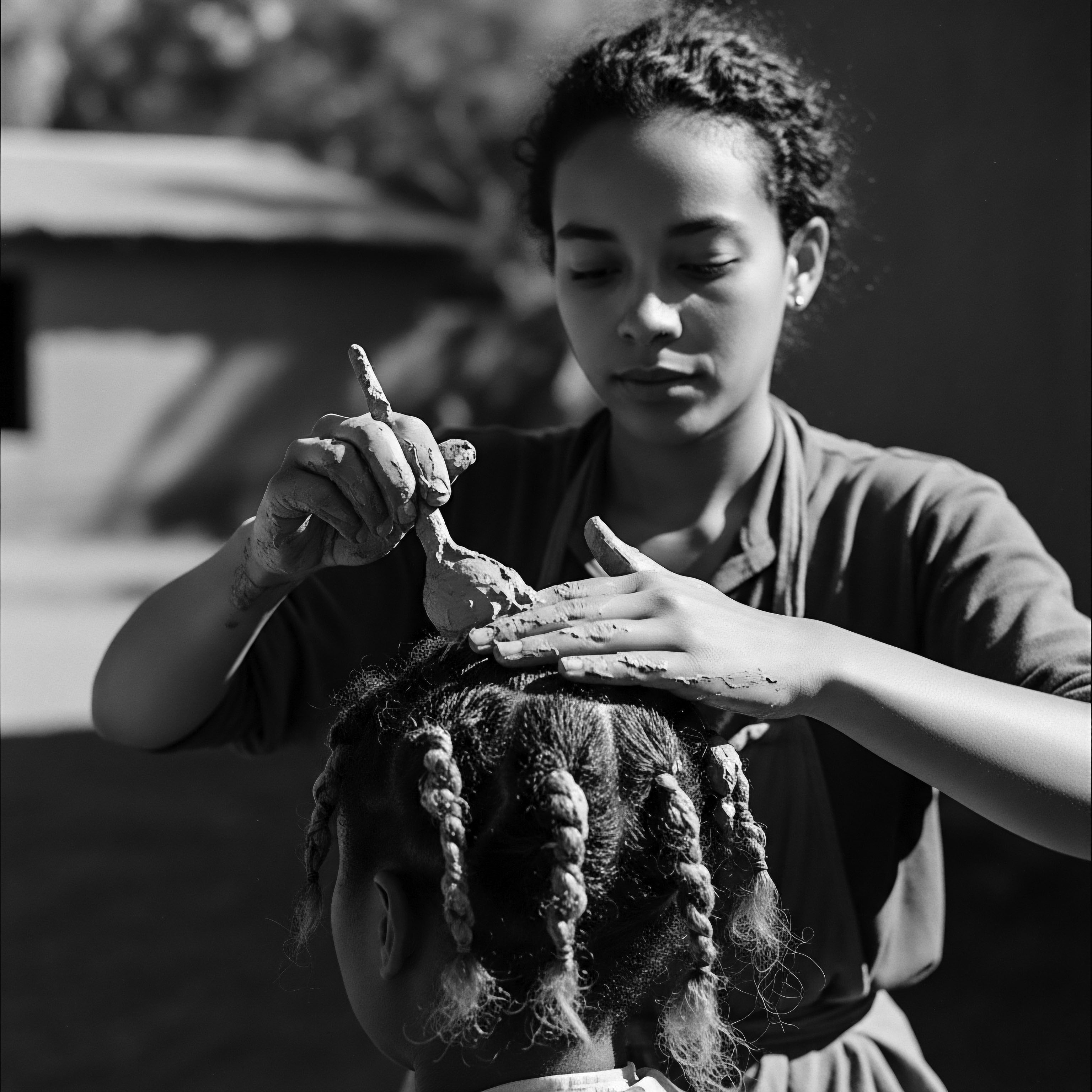
How Can Science Validate Traditional Textured Hair Rituals of the Diaspora?
Science affirms that ancestral textured hair rituals optimize hair health through methods rooted in deep historical heritage.
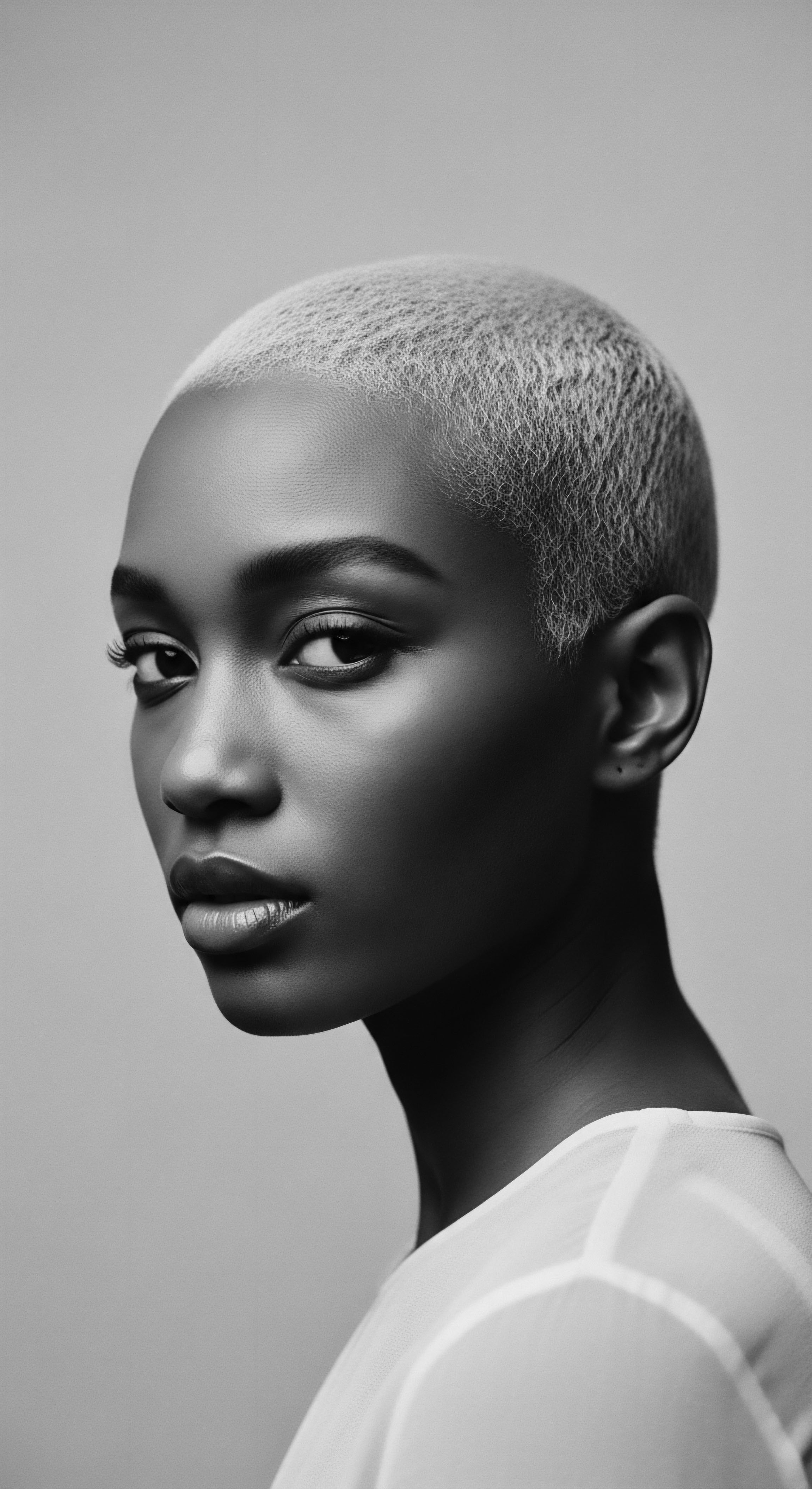
Botanical Hair Cleansers
Meaning ❉ Botanical hair cleansers use plant-derived compounds for gentle hair purification, deeply rooted in Black and mixed-race ancestral traditions.
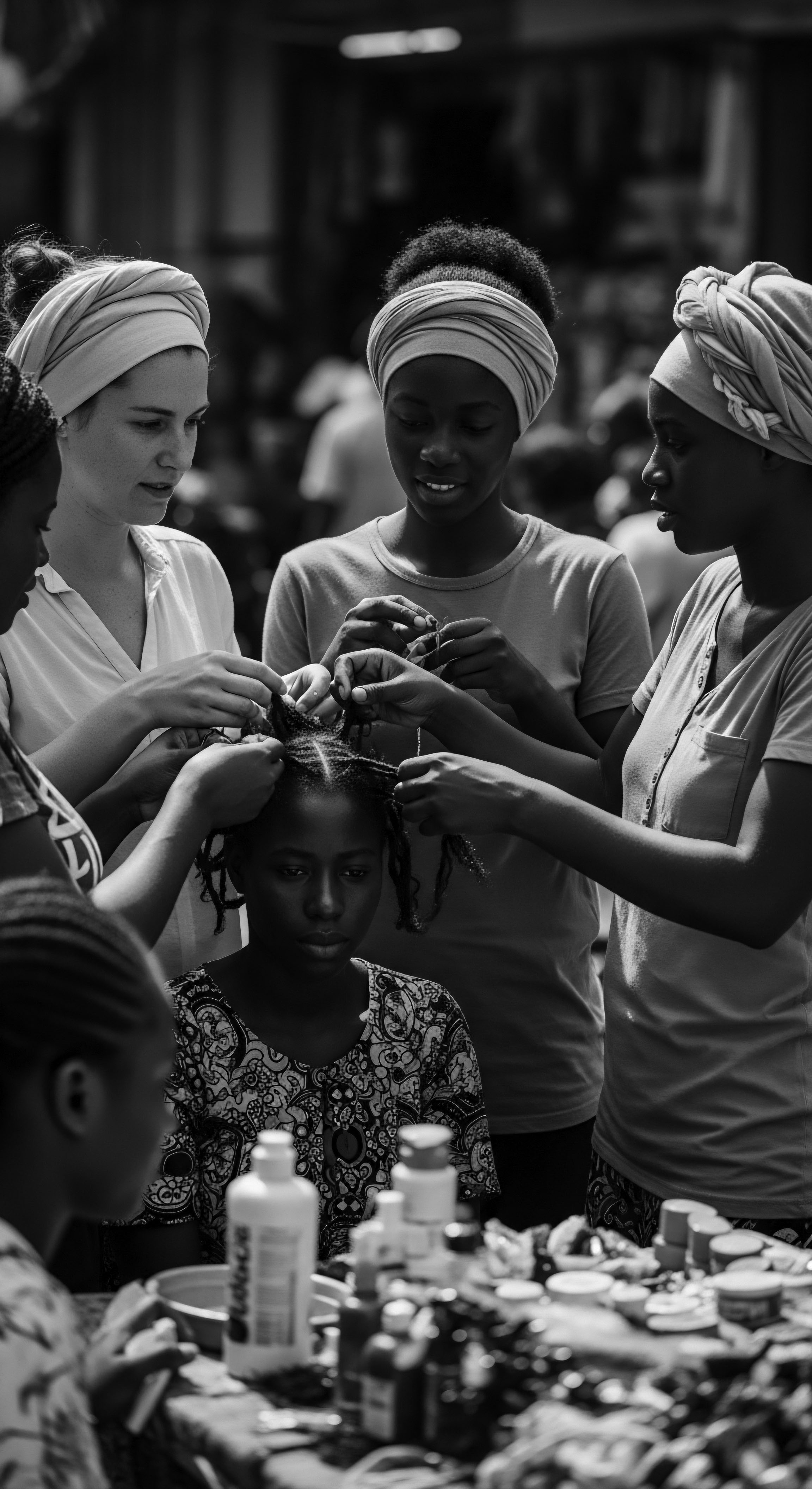
What Scientific Benefits of Bonnets Align with Traditional Textured Hair Care?
Bonnets provide a smooth, low-friction barrier that preserves textured hair's moisture and cuticle integrity, echoing traditional protective practices.
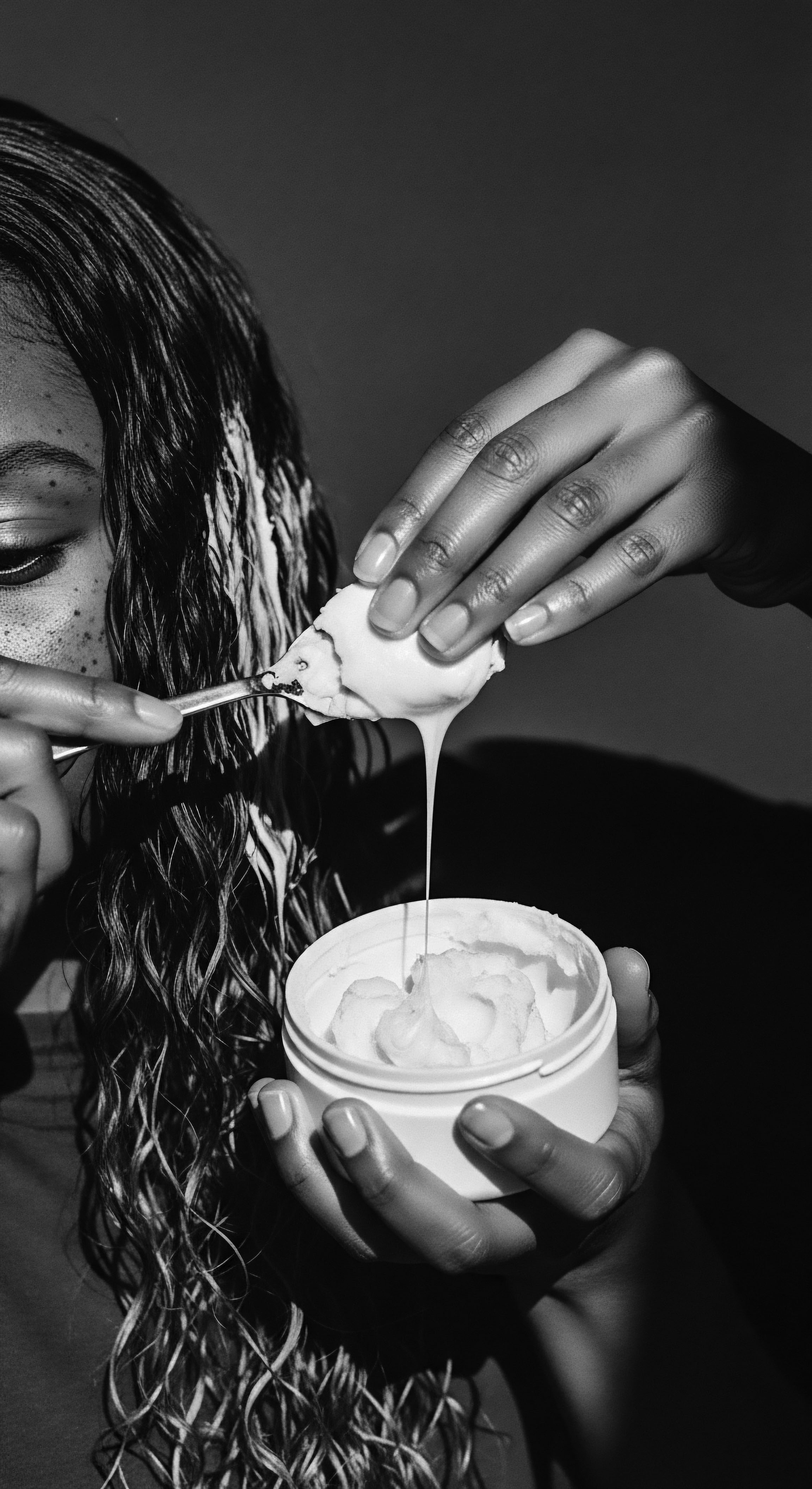
Can Modern Science Validate Ancestral Hair Remedies for Textured Strands?
Modern science can explain and often validate the effectiveness of ancestral hair remedies for textured strands by revealing the biochemical principles behind these heritage practices.
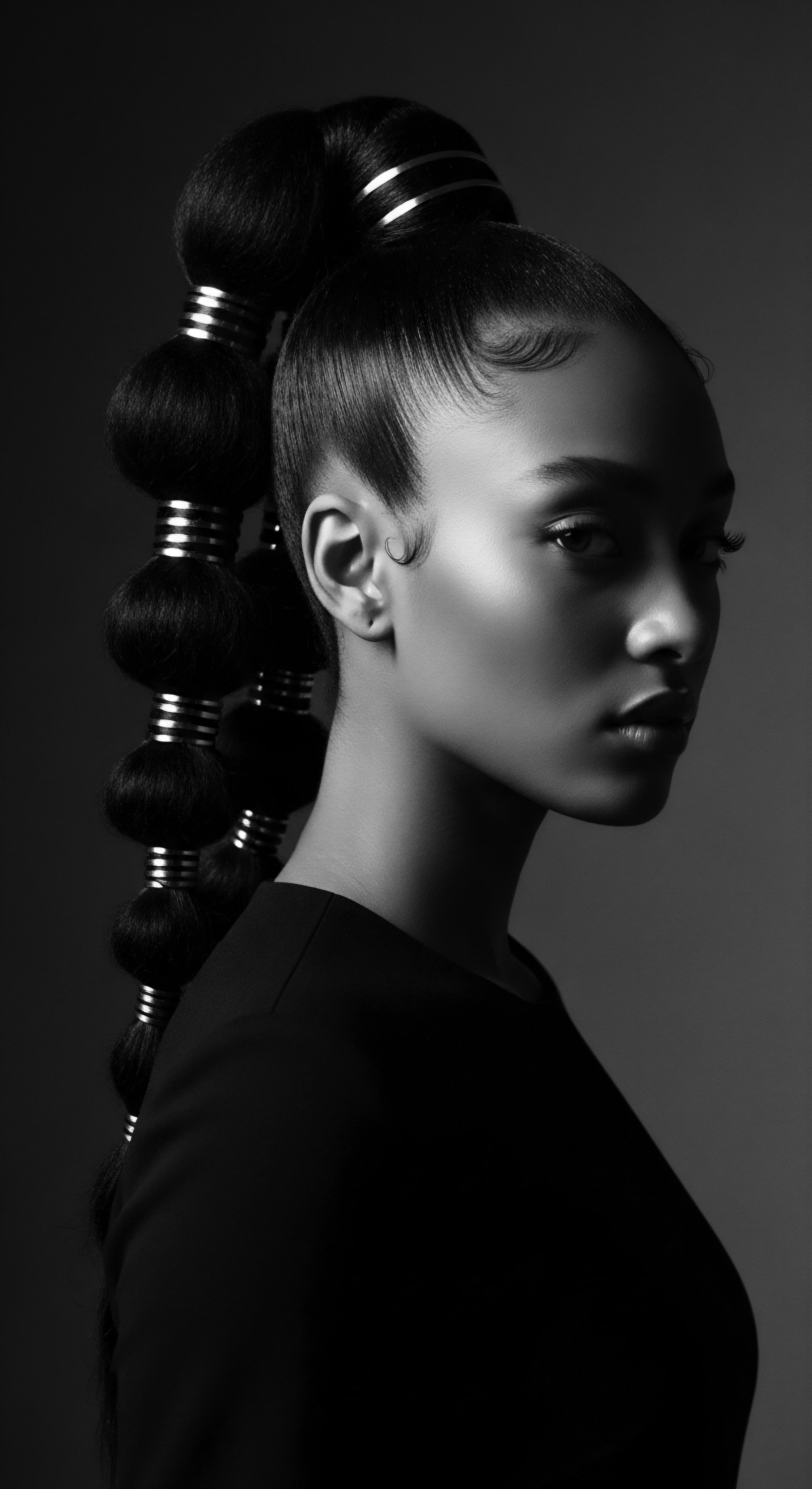
Which Ancient Plant Cleansers Purified Textured Hair?
Ancient plant cleansers, rich in saponins and mucilage, gently purified textured hair while honoring ancestral heritage and promoting holistic wellness.
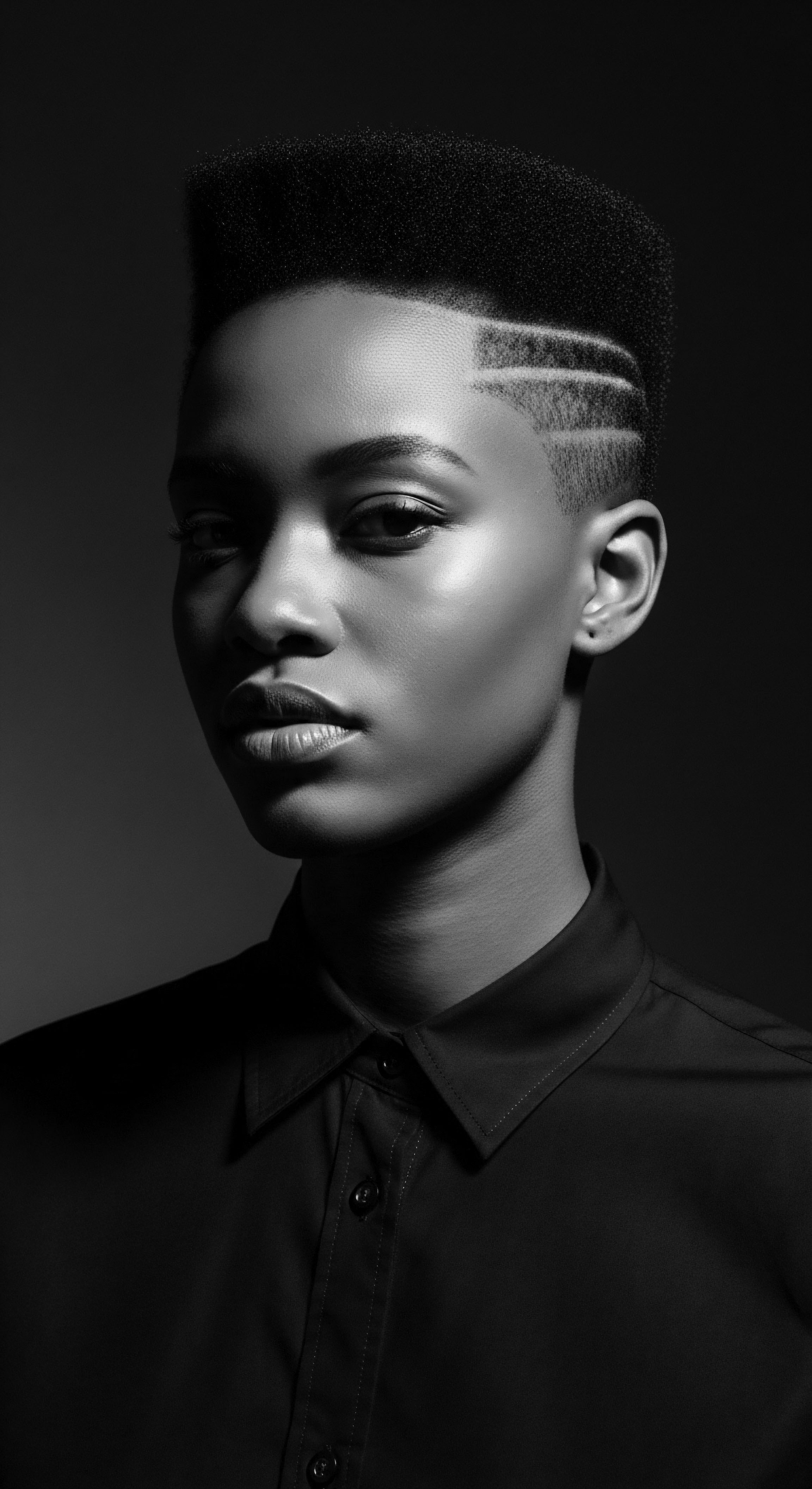
Minimal Water
Meaning ❉ Minimal Water is a heritage-informed approach to textured hair care, optimizing hydration with deliberate water use to preserve structural integrity and honor ancestral wisdom.

How Does Ancestral Hair Care Align with Current Textured Hair Needs?
Ancestral hair care nurtures textured hair by offering timeless moisture, protection, and community through its rich heritage.
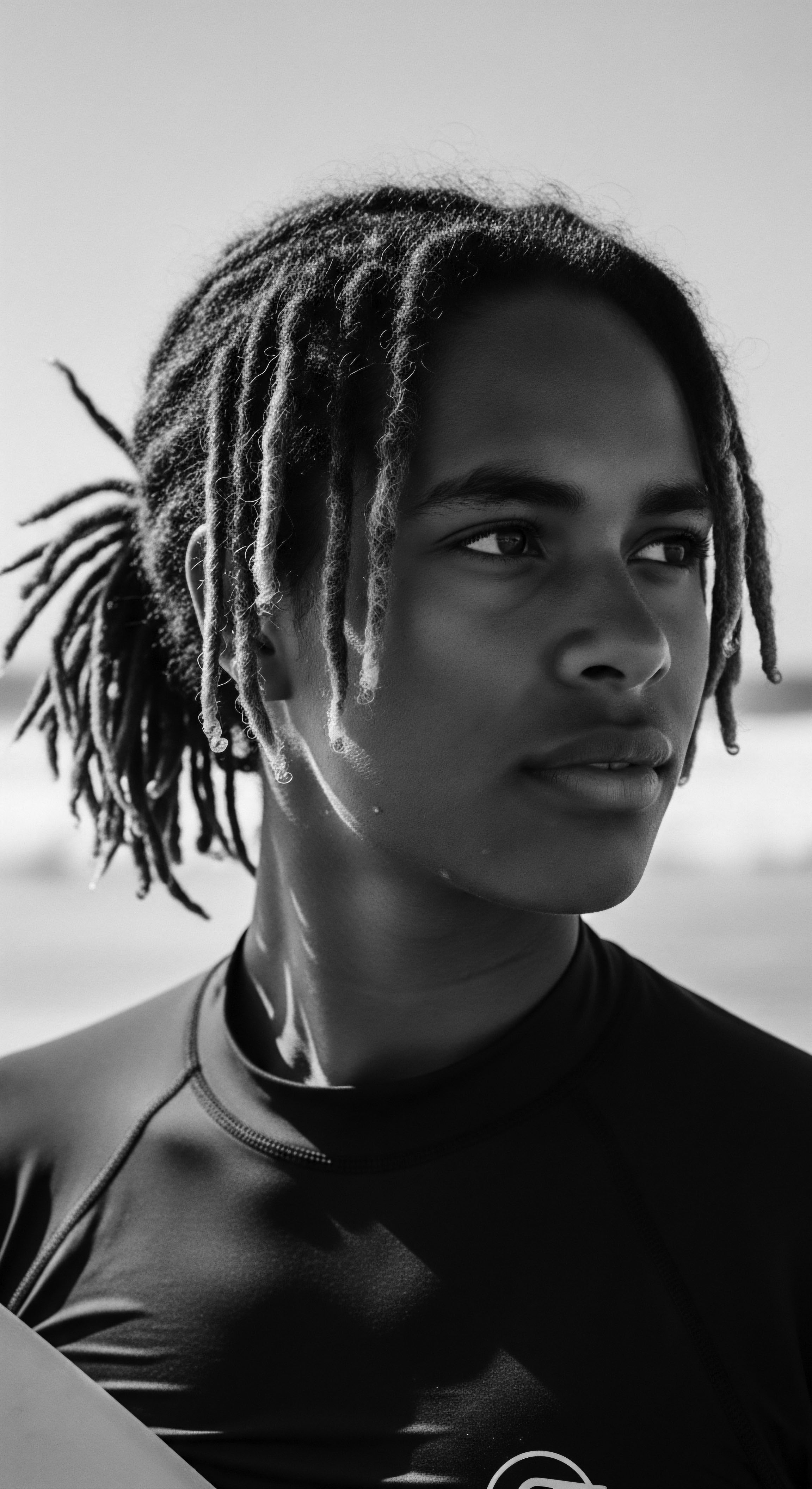
Can Traditional Oiling Rituals Improve Textured Hair Growth?
Traditional oiling rituals improve textured hair growth by protecting strands from breakage and enriching scalp health, rooted in ancestral wisdom.
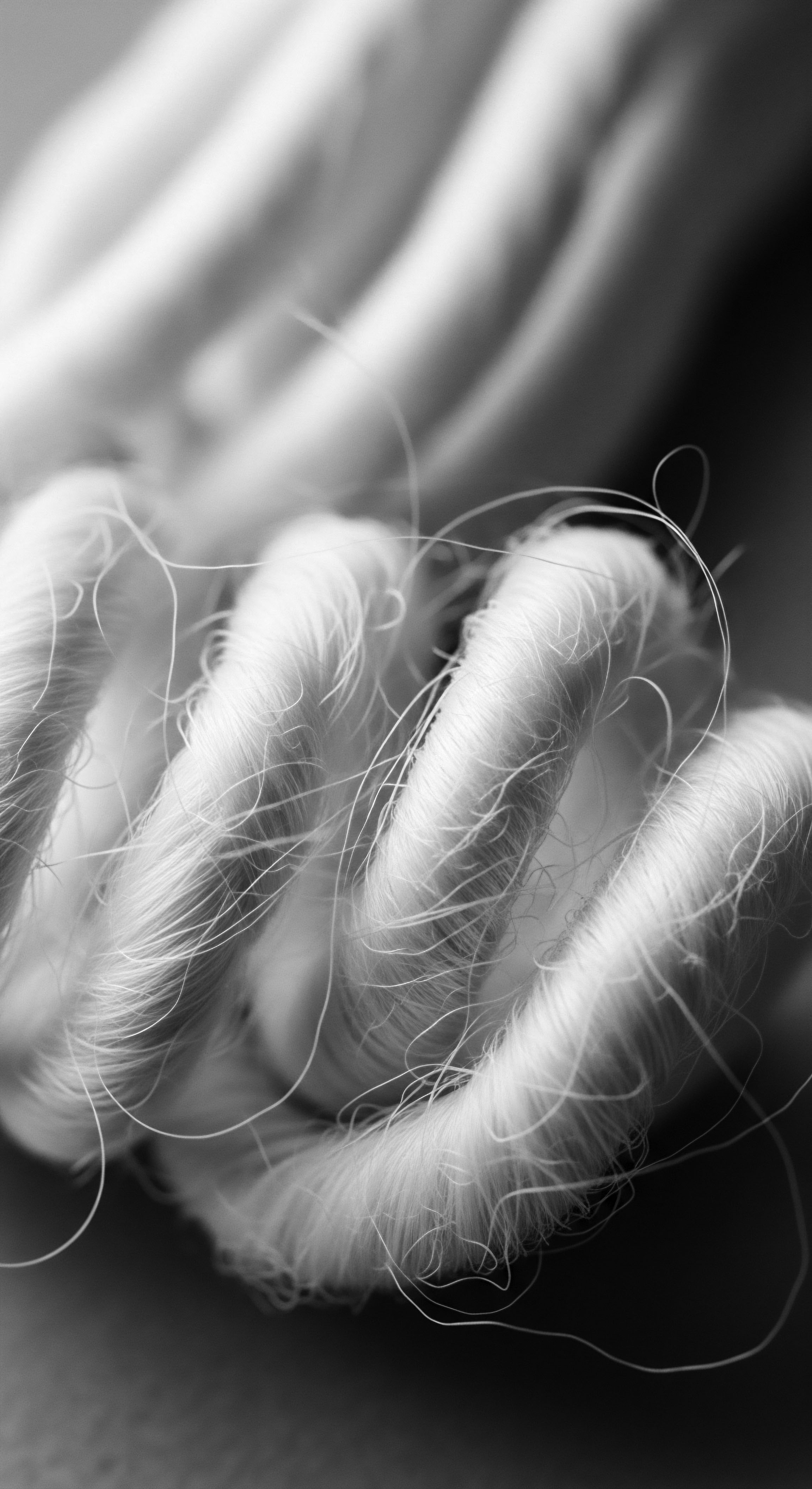
What Historical Cleansing Rituals Aid Modern Textured Hair?
Historical cleansing rituals for textured hair, rooted in ancestral wisdom, offer gentle, nourishing practices that inform modern hair care.
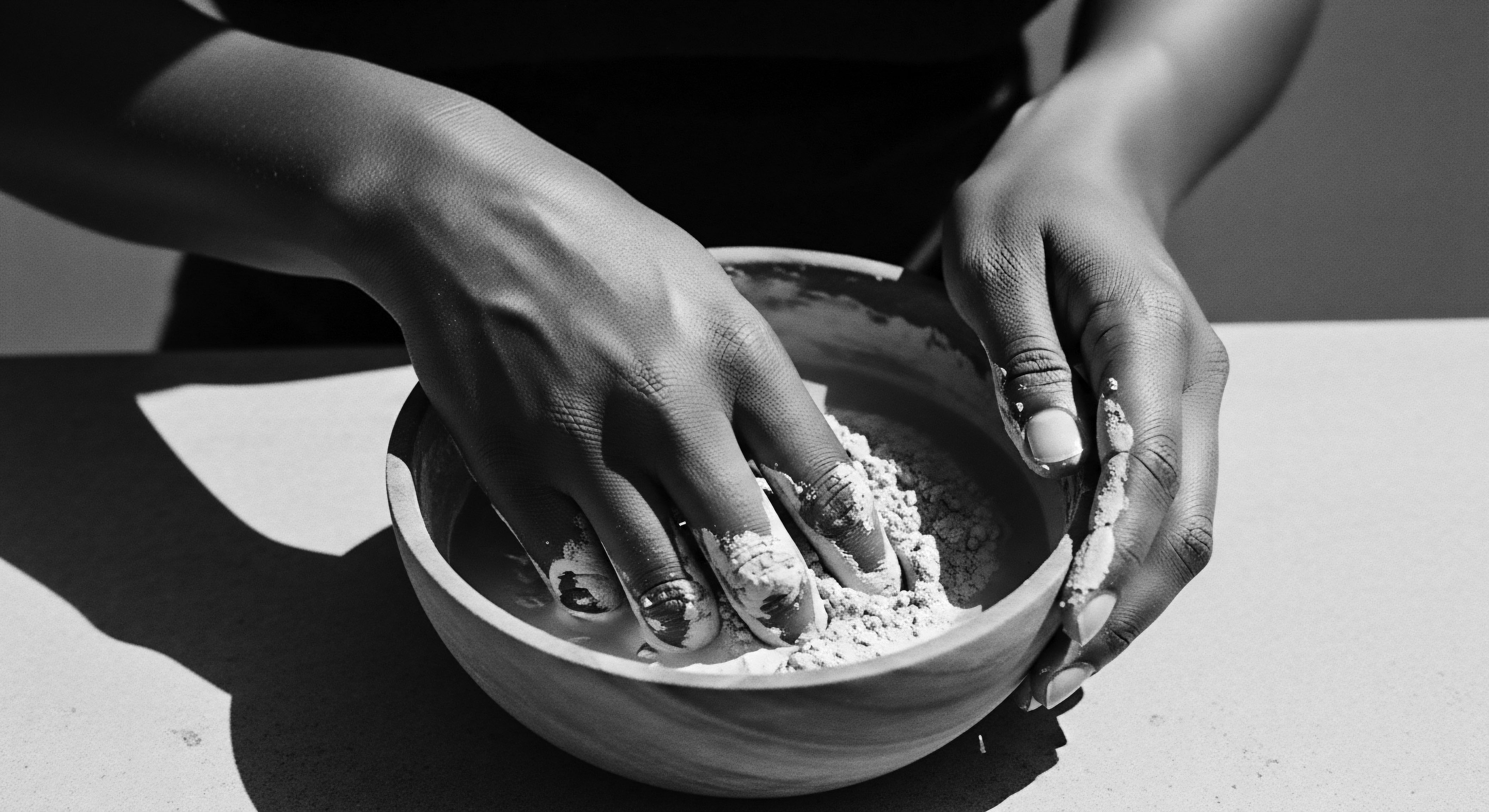
Which Traditional African Botanicals Were Used for Purifying Textured Hair, and What Were Their Perceived Benefits?
Ancestral African communities cleansed textured hair with botanicals like Ambunu leaves, Rhassoul clay, and African Black Soap for purity and hair vitality.
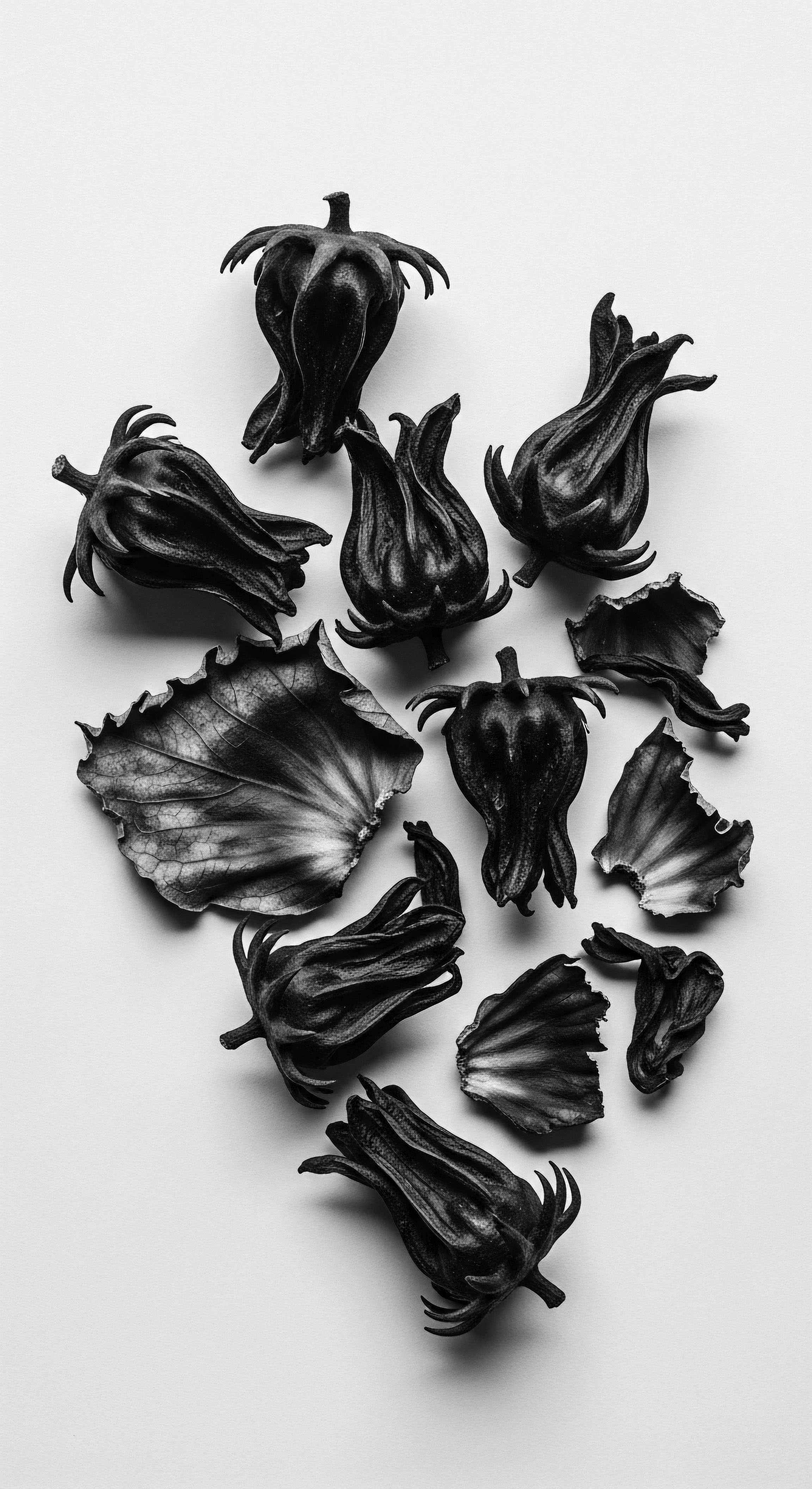
Did Ancestral Cleansing Methods Influence Contemporary Textured Hair Care?
Ancestral cleansing methods directly shaped contemporary textured hair care by emphasizing moisture retention, natural ingredients, and scalp health, rooted in deep heritage.
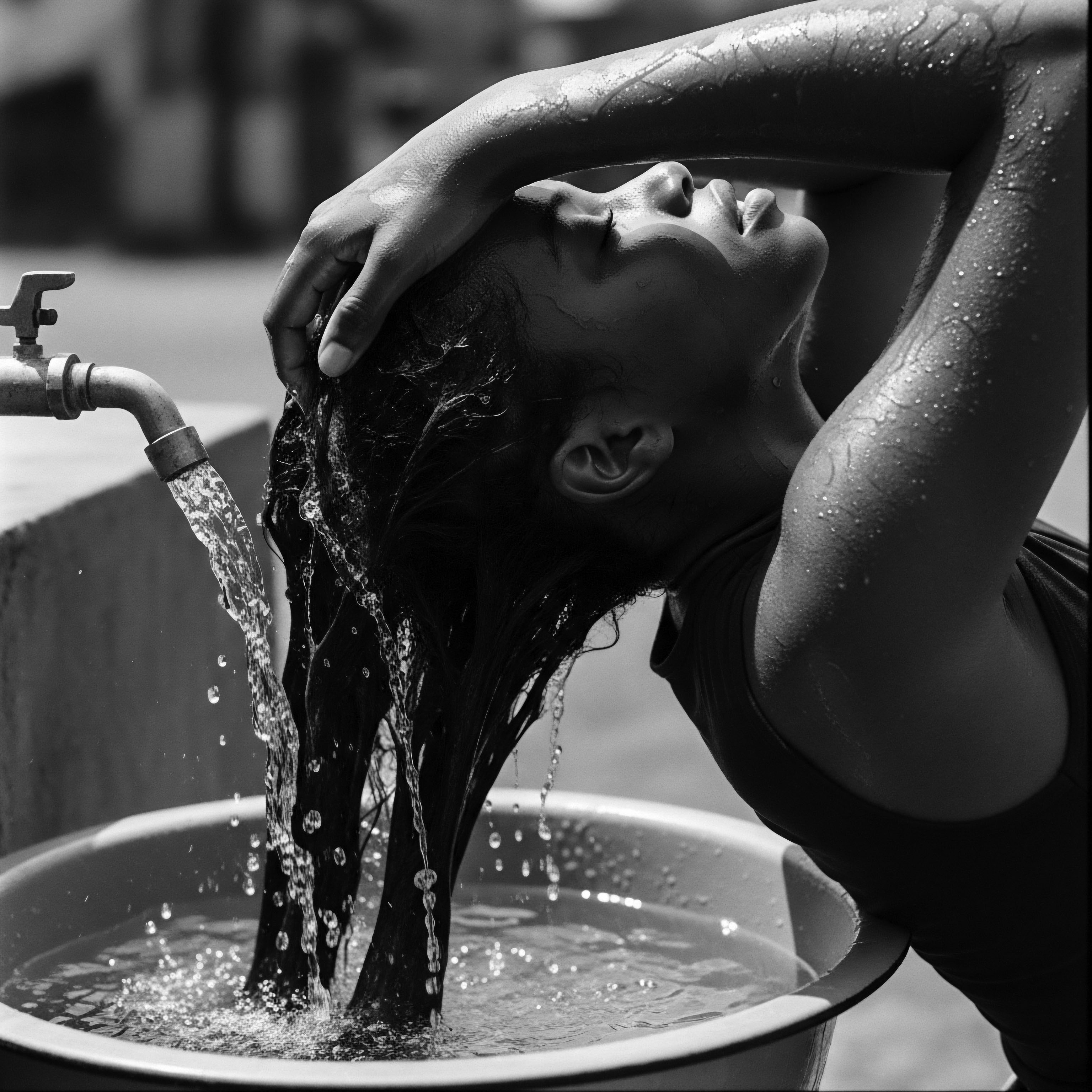
Can Traditional Botanical Practices Offer Modern Solutions for Textured Hair Challenges?
Traditional botanical practices, steeped in textured hair heritage, offer modern solutions by providing deep nourishment and reducing breakage.
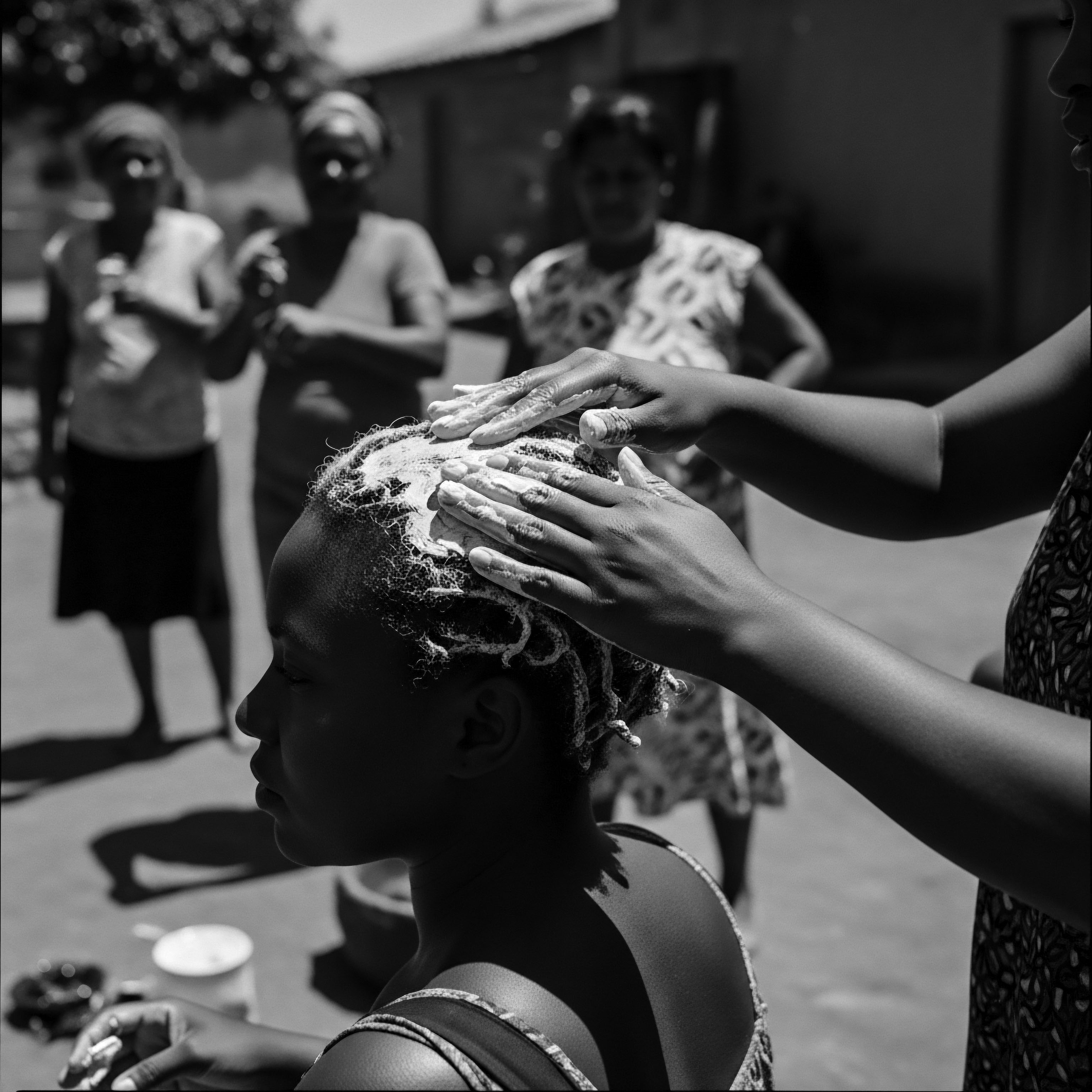
What Is the Heritage of Ghassoul Clay?
Ghassoul clay's heritage traces to Moroccan Atlas Mountains, used for millennia by Berber women for textured hair cleansing.
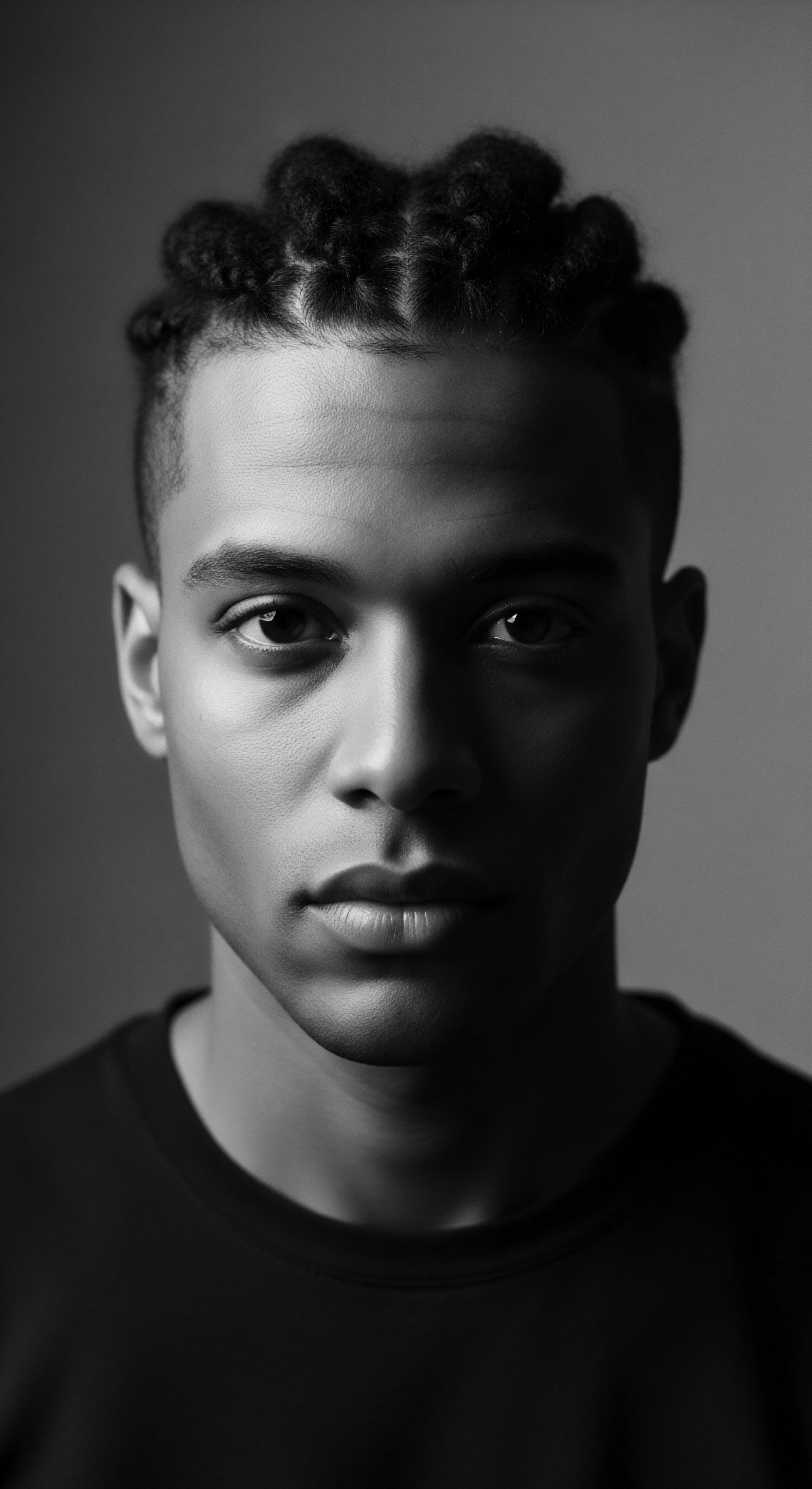
How Does Modern Understanding of Hair Connect with Heritage Methods?
Modern understanding of hair profoundly connects with heritage methods by validating ancestral practices for textured hair care, celebrating resilience and identity.
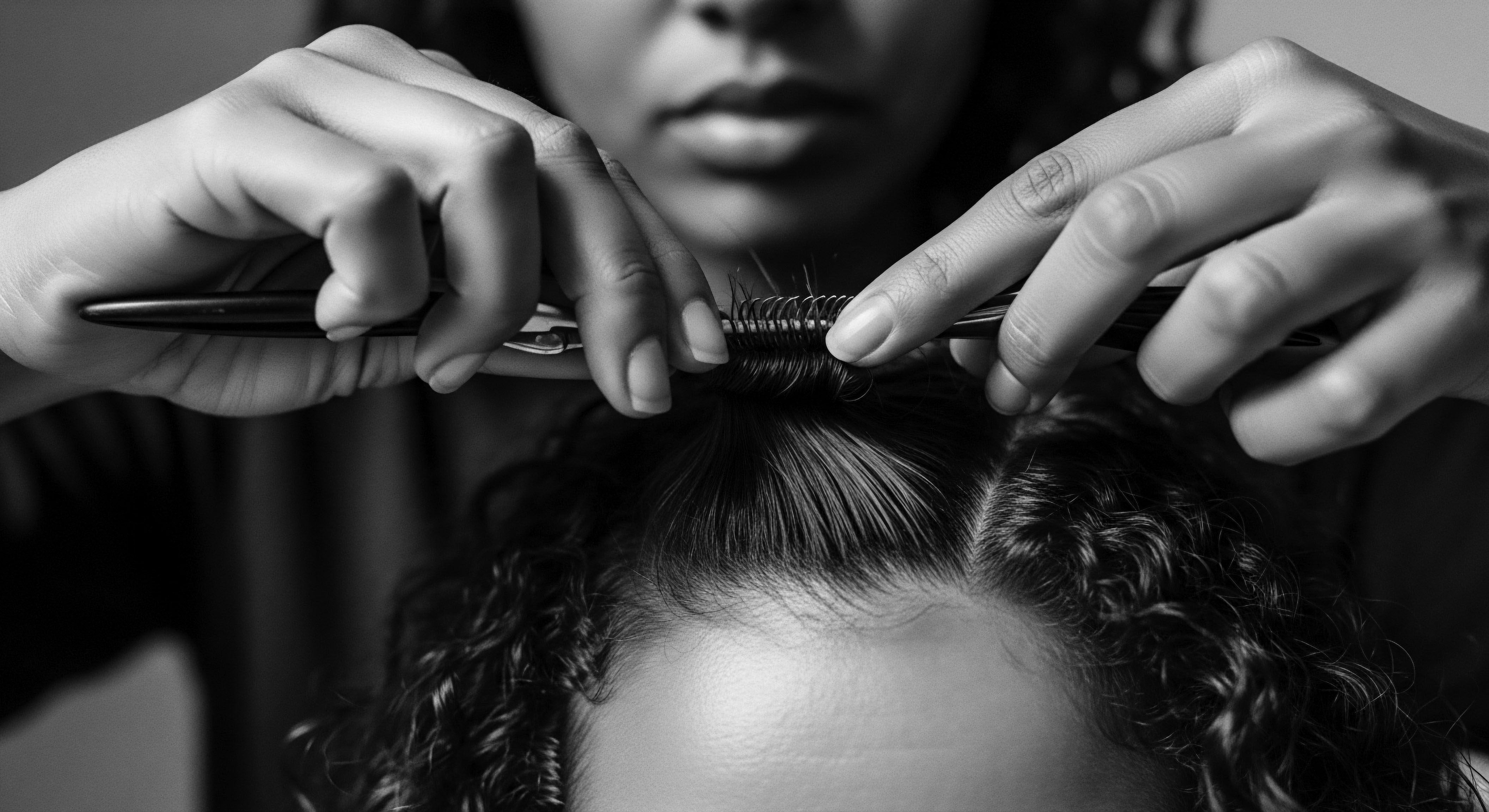
What Traditional Care Methods Align with Modern Hair Science for Heritage Styles?
Traditional hair care methods align with modern science by intuitively preserving moisture and structure, especially for textured hair heritage.
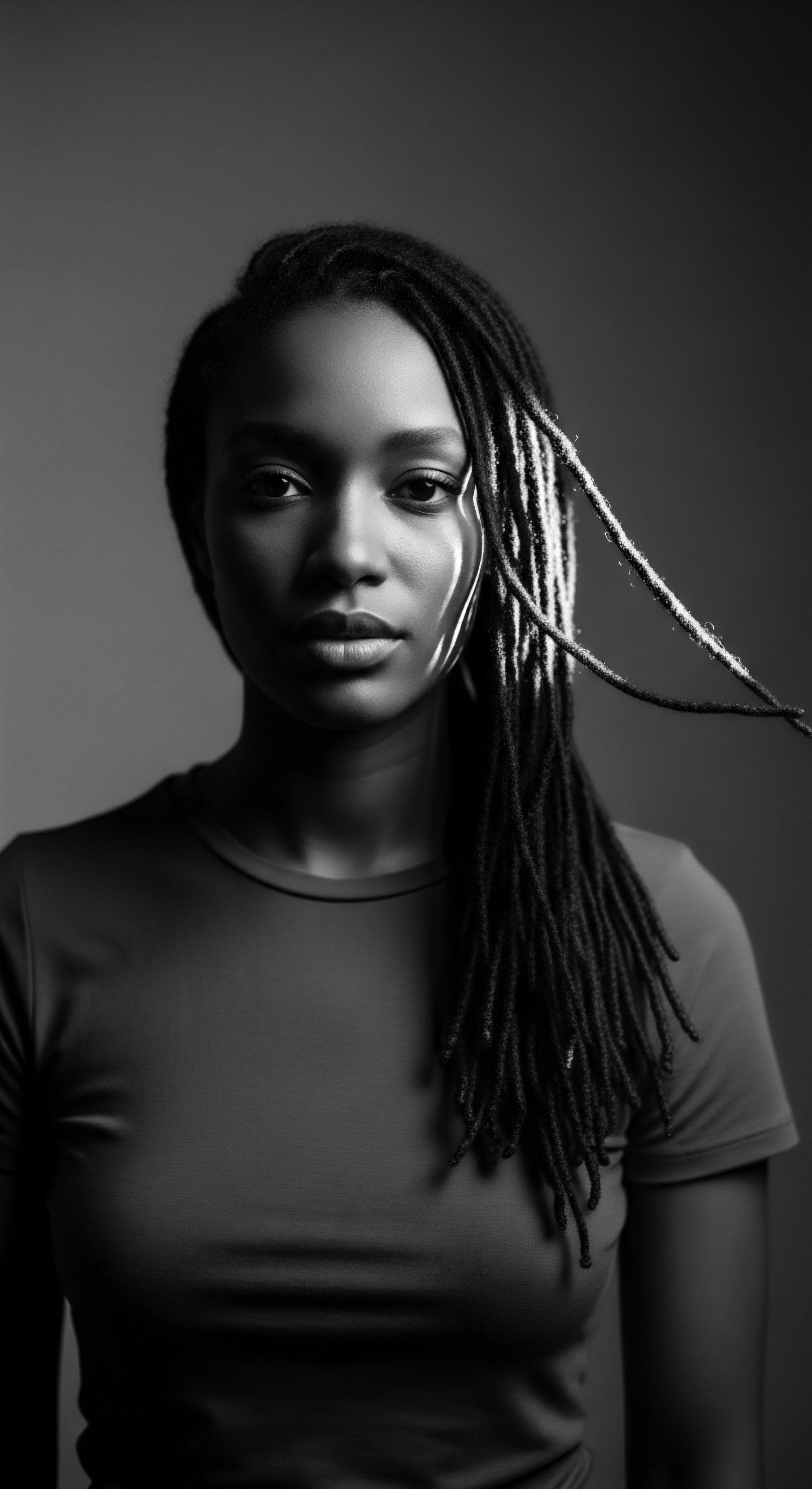
What Cultural Significance Did Clay Hair Practices Hold for Black Heritage?
Clay hair practices held profound cultural significance for Black heritage, intertwining self-expression with ancestral wisdom.
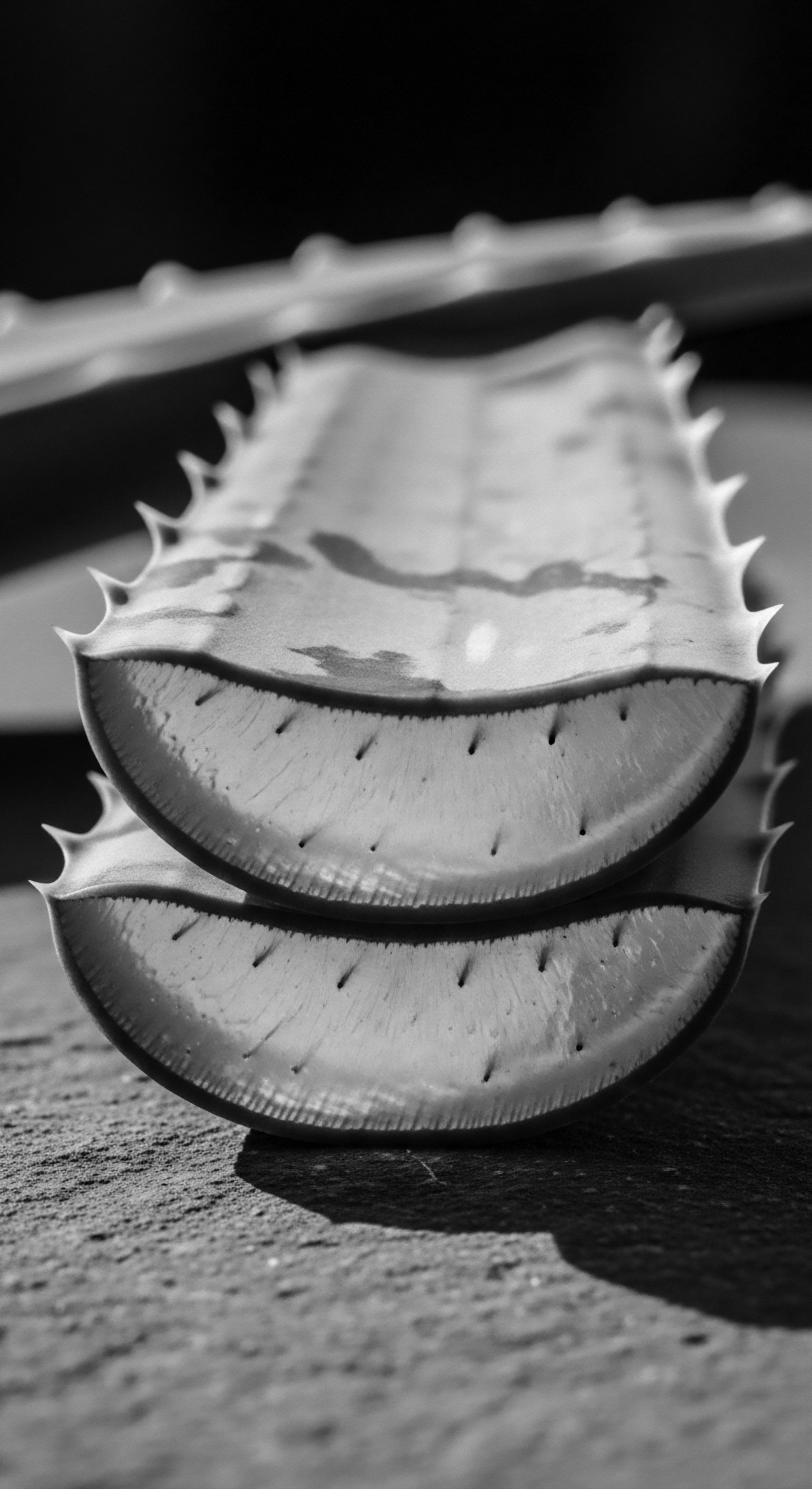
Probiotic Definition
Meaning ❉ The Probiotic Definition illuminates the crucial link between beneficial scalp microorganisms and textured hair health, honoring ancestral care wisdom.

